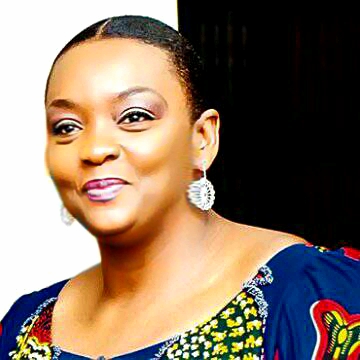From Yahaya Audu, Bauchi
Governor Babajide Sanwoolu and his deputy Dr. Obafemi Hamzat of Lagos State have been commended for appointing 32% females to serve in his cabinet.
The commendation was made by Toun Okewale Sonaiya CEO Women Radio 91.7, Lagos state while interacting with journalists in Bauchi yesterday,
She said that Lagos Governor Sanwoolu has shown a genuine political will that is deliberate and intentional which is worth of commendation.
Sonaiya said, “Good governance means an inclusive government and the appointment of 32% females indicates that Lagos State through its party leadership understands that good governance through inclusiveness, fair representation leads to progress and that women matter”.
She added that, Though 35% was not achieved, 100 % but Okewale Sonaiya said 32% is a significant positive political will for progress, inclusion and fair gender balancing.
The founder and CEO Women Radio said, “Any government that is not inclusive is bound to be challenged in achieving major successes. A government that shuts its doors to gender-sensitivity is setting itself backwards and cannot progress. We urge other states and the federal government who are yet to appoint commissioners and boards of agencies and parastatals to emulate the Lagos State progressive approach”.
Okewale Sonaiya said the decision making process of Lagos state should be commended and urges Governor Sanwoolu and the party leadership not to relent in their efforts and appoint 35% females as chair of parastatals / agencies and as board members.
Speaking In the same vein, Sonaiya urges President Muhammad Buhari and his newly inaugurated cabinet members to approach all national issues with a gender sensitive perspective, saying “it might be a bit difficult to achieve this because of the low representation of women in the cabinet, called for a conscious and deliberate effort to be gender sensitive in formulation and implementation of policies across the country.
She urged President Muhammadu Buhari to fulfill his promise by assenting to the 35% Affirmative action for women which she believes would promote women’s participation in governance.







